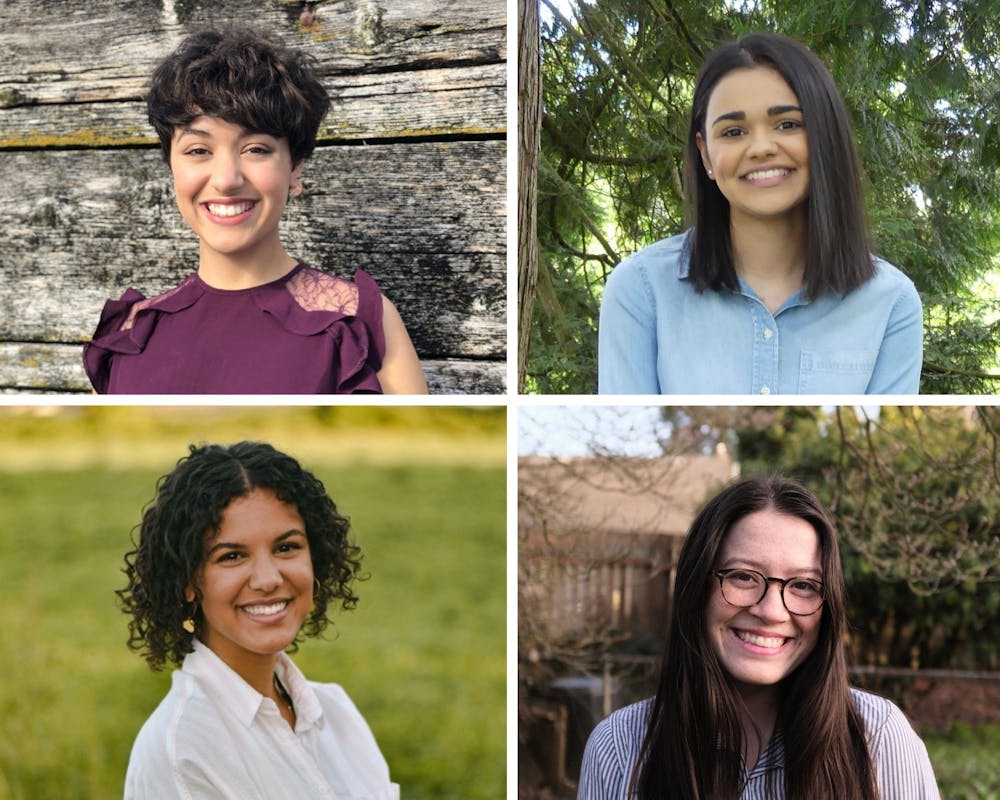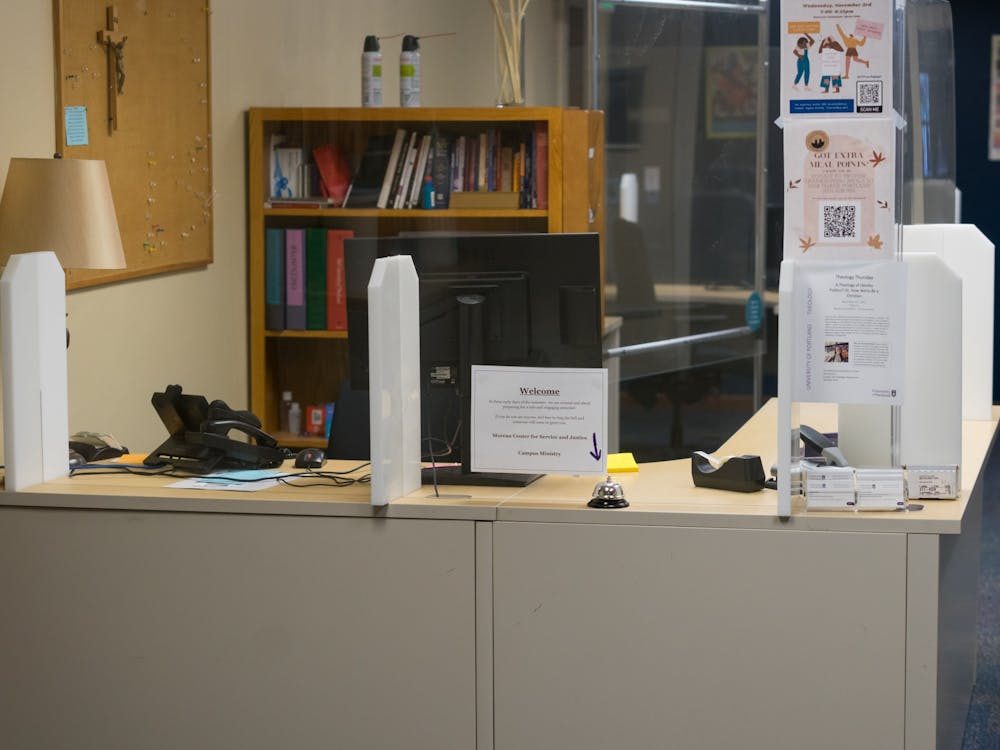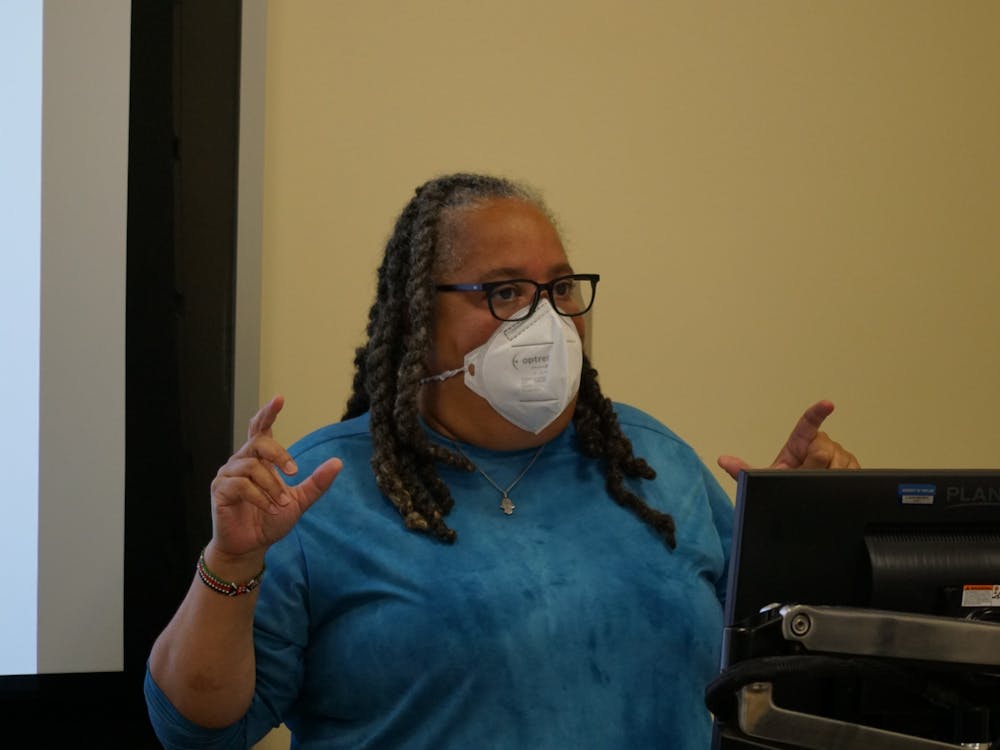It’s 2021. We have electric cars and virtual reality gaming. We can order groceries from our phones and can talk to our TVs. We have levitating light bulbs — yes, light bulbs that can float. Though society has advanced in many ways, post-secondary institutions have lagged behind, struggling to diversify their faculty in a way that would represent the demographics of their student populations.
The National Center for Educational Statistics found that 79% of all instructional faculty at post-secondary institutions are white, and full time professors are 84% white. If statistics aren’t your thing — simply put, white professors far outnumber professors from minoritized and marginalized backgrounds. At UP, the situation remains much the same — go ahead and see for yourself.
We aren’t satisfied with these numbers. As students of the ESSSC, we demand to be taught in an institution that is diverse, inclusive and equitable, and this sentiment has been echoed by other Pilots to make changes. This desire for a diverse, equitable, and inclusive teaching and learning environment has been reinforced by student leaders, staff and faculty.
In 2020, UP promised the campus community they were doubling down on efforts to start an ethnic studies major and minor. This was UP's way of saying, “We hear you and we’re trying to understand.” This effort was met with the need for diverse faculty to represent the program. Enter stage left — ESSSC, the Ethnic Studies Student Steering Committee.
The ESSSC was founded in 2020 and led by two women of color student leaders to help interview semi-finalists for the Ethnic Studies Director position. In addition, the ESSSC organized and held student meetings with the finalists so students could give input on who to extend the hiring offers.
The ESSSC also held virtual listening sessions, where committee members could share their hopes for the program and how ethnic studies could work to further the University's mission for diversity, equity, and inclusion via centering the experiences of the campus' historically excluded voices.
Amy Abugo Ongiri graciously accepted the role as Ethnic Studies Director and we sure are pleased to have them join our fight. When asked about their thoughts on the much needed diversity at UP, Ongiri said “I think that there is quite a lot of momentum to make the changes at UP that will make it a truly welcoming and diverse place to teach and learn. I’m excited for the changes that are occurring and to see more of this work happening in the future.”
But the fight is forever ongoing. As students of diverse backgrounds, we have been working tirelessly to create an academic setting that is equitable for all students. The ethnic studies program is being built to do just that — not only to create a space where we as students can come together as diverse people but also where the faculty who teach are more representative of the student population.
As the largest college within UP, the College of Arts and Sciences has chosen to join Diversity, Equity and Inclusion efforts by hiring several new faculty members across various majors and minors to better serve the student population they are teaching.
As you have now read and realized, student input is invaluable in continuing to implement efforts for academic diversity, equity, and inclusion. The ESSSC is conducting a survey to see what students want in terms of how to work towards diversity, equity, and inclusion in the classroom.
This short survey presents an opportunity to share what can be implemented in and outside of the classroom. The best part — you can spill the tea on your favorite/least favorite classes, the resources you need to be successful in your program, and even how much you feel you can relate to peers in your major without having to disclose any personal identifiers.
Now it’s your turn, Pilots. If you are a CAS student, with just a few minutes of your time, you can help state why diverse representation in faculty and your classes matter, and what is needed to ensure that an environment that supports diversity, equity and inclusion for all students, staff, and faculty thrives.
Grace Adam is a senior at UP. She can be reached at adam22@up.edu.
Grace Fortson is a senior at UP. She can be reached at fortson22@up.edu.
Olivia Nomura is a senior at UP. She can be reached at nomurao22@up.edu
Jordan Hammock is a UP alumni. She can be reached at hammock23@up.edu.
Have something to say about this? We’re dedicated to publishing a wide variety of viewpoints, and we’d like to hear from you. Voice your opinion in The Beacon.








